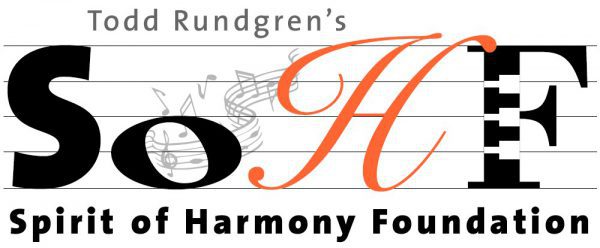The Academic Value of Musical Training: Chuck Cushinery
Gaining mastery over any challenge your teen may face – sports, travel abroad, or acing AP Math – results in feelings of being ready to take on the challenge of post-secondary education. But many high school students aren’t able to compete, or don’t have access to classes and experiences that improve their chances for getting into and succeeding in college.
However, music training begun as late as high school may help improve the teenage brain’s responses to sound and sharpen hearing and language skills, suggests a new study from Northwestern University.
Nina Kraus, senior study author and director of Northwestern’s Auditory Neuroscience Laboratory at the School of Communication recruited 40 Chicago-area high school freshmen in a study that began shortly before school started. They followed these children longitudinally until their senior year. The stable processing of sound details, important for language skills, is known to be diminished in children raised in poverty, raising the possibility that music education may offset this negative influence on sound processing.
“While music programs are often the first to be cut when the school budget is tight, these results highlight music’s place in the high school curriculum,” said Kraus.
Resources:
